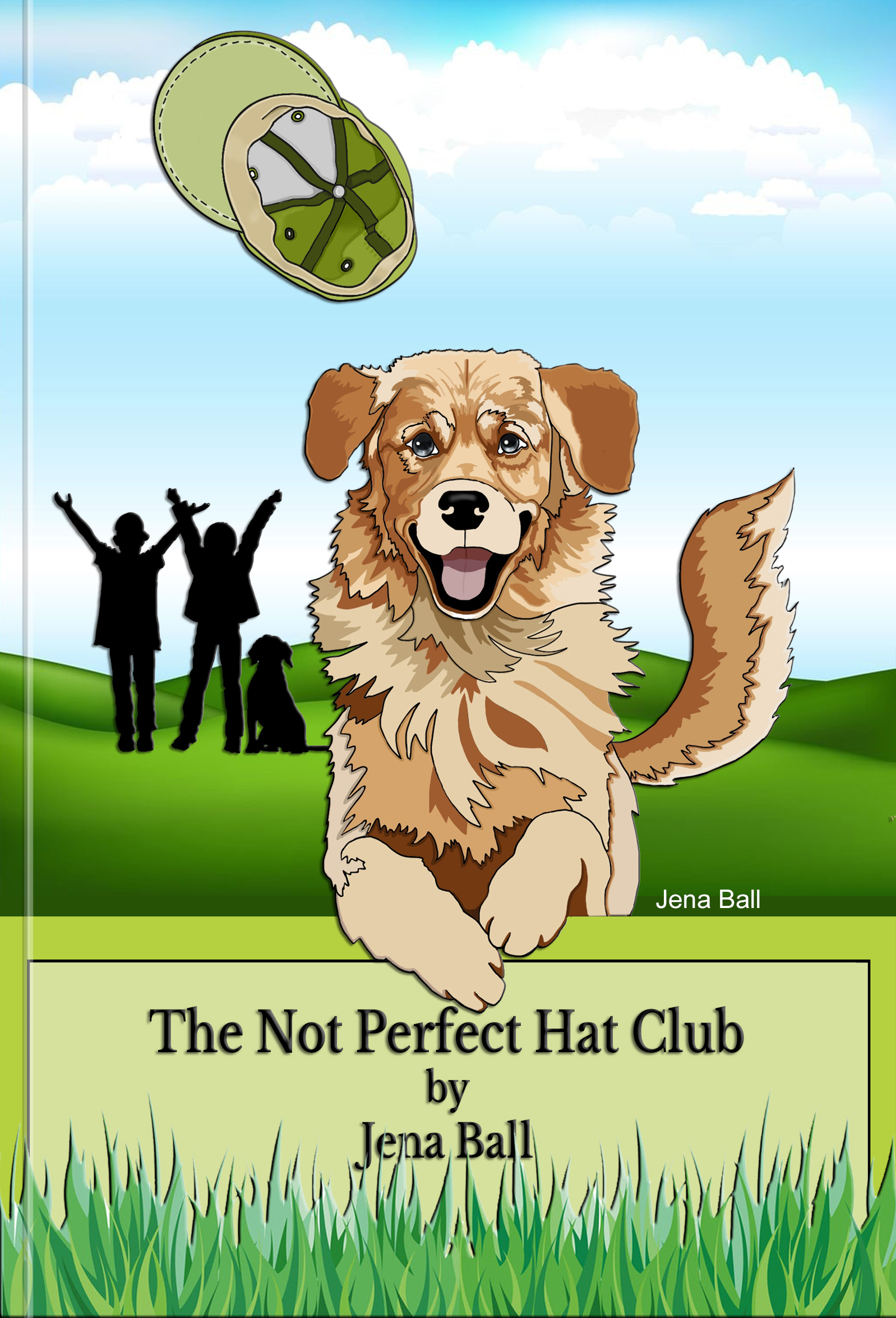
Children’s Book Series ‘CritterKin’ Challenges Perfectionism and Uniformity
It’s hard to raise the perfect child. Parents invest time and money into educational tools like Baby Einstein in a bid to improve infant cognitive functioning. But a collaborative study between the University of Toronto and New York University questions the notion that educational products make babies smarter; products parents buy hoping their children will grow up to be the best.
Or at the very least, just fit in.
And to fit into the educational system, students are rewarded for uniformity, for excelling on standardized tests, but not so much for creativity. Ken Robinson, in his TED talk “Changing Education Paradigms,” says this “one size fits all” model leads to feelings of personal failure and incompetence.
If I’m not like the others, is there something wrong with me?

As a child, Emmy Award–winning producer Marty Keltz, suffered from severe dyslexia and behavioural problems. Although he did not learn to read until the fifth grade, Marty would go on to co-found Scholastic Productions Inc. where he created popular educational programs like The Magic School Bus.
In an interview with the Trauma and Mental Health Report, Marty shared what it was like to be “different” at school:
“If you don’t fit a particular mold, then you’re essentially viewed as having a disability. The most damaging thing about disabilities in school is that it destroys your sense of self-worth because you’re essentially in a group and in that group you have a person who doesn’t measure up or succeed.”
Marty stresses the importance of an education system that values individual learning styles. In the fifth grade, he had a teacher who offered support instead of criticism, and it made all the difference:
“There was a way in which he treated me that was very human, very respectful of who I was. He didn’t project to me that there was something wrong with me. He treated me in a way that allowed me to feel positive about myself and so I started to begin reading.”
Marty has since come full-circle. In 2013, he co-founded a children’s book company called CritterKin with author and illustrator Jena Ball. The book series aims to educate children and parents about the dangers of pursuing perfectionism.
The books are based on the idea that emotional intelligence is just as important as other intellectual skills prized in schools. According to Marty, the series creates a “heart and mind experience”, encouraging children to develop empathy and compassion for the characters:
“So much of what happens in education when teachers think they have to do something about emotional/social learning is they put up a chart about what the ‘do’s’ and ‘don’ts’ are. But there isn’t anything more powerful than storytelling and doing that well.”

Their recent book, “The Not Perfect Hat Club,” suggests that perfection is not possible, and that’s okay. Instead, the story focuses on finding and celebrating each child’s unique abilities.
It’s a story that parallels Marty’s:
“I think at the core of what my own thinking evolved to, was that there are different kinds of learners and different cognitive abilities. What you see throughout ‘The Not Perfect Hat Club’ is that each of the dogs is individual, unique, and different, with different skills, talents, and abilities. The way they come together to collaborate and do things becomes a celebration of what’s unique and special about each of them.”
Carol Dweck, a researcher in the field of motivation and creator of Mindset, says that children’s beliefs are more important in school achievement than we think. Rather than pushing perfectionism we should encourage perseverance and effort.
Her article in Scientific American, “The Secret to Raising Smart Kids” argues the merits of a “growth-oriented view”—a belief that intellectual abilities can develop over time.
She explains:
“When students are taught the growth-oriented view—whether they are inner city middle school students or students at an elite university—they show a rapid increase in their enjoyment of learning and in their grades.”
What’s special about Marty’s work with CritterKin is that his own life experiences bring a sense of authenticity. “The Not Perfect Hat Club” is a book that challenges societal messages of perfectionism and shows kids that it’s okay to be “perfectly not perfect.”
Hats off to that.
– Marjan Khanjani, Contributing Writer
Image Credits
Feature: Dianne on Flickr
First: julie-love on Flickr
Second: CritterKin Website



